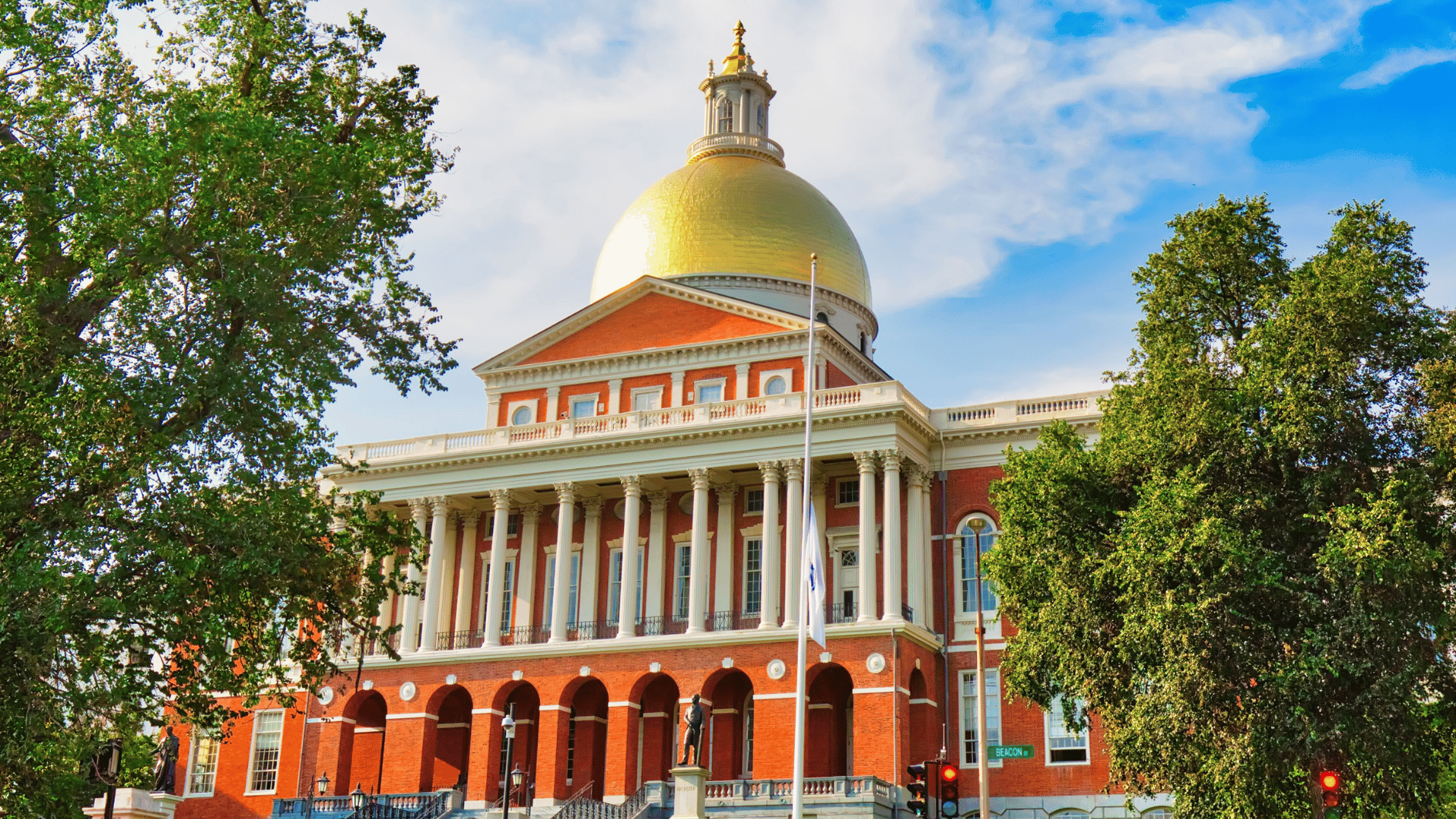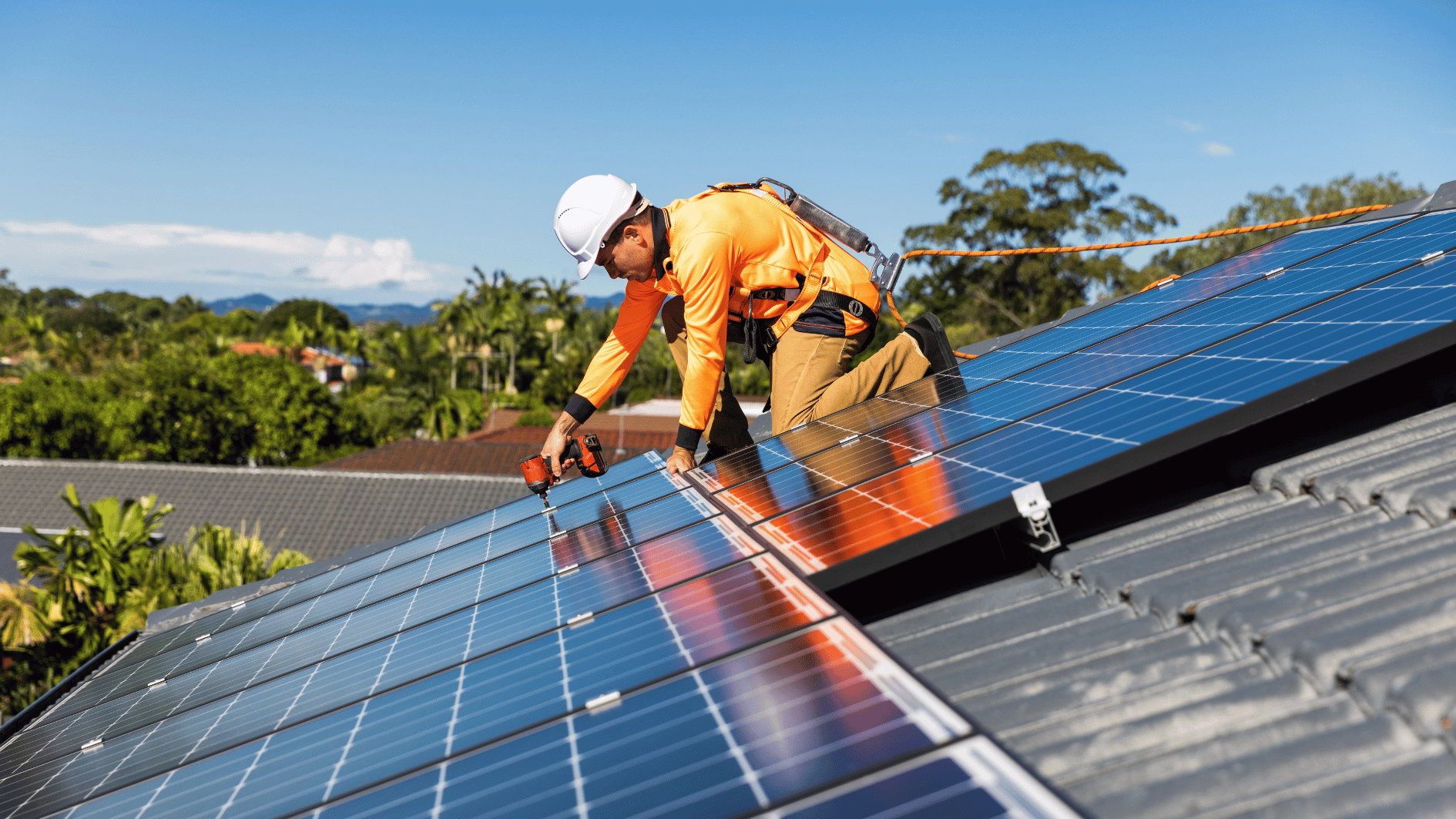Image source: Canva.com
Massachusetts officials, advocates, and businesses are rallying behind proposed changes to the state’s solar incentive program, aiming to revive a slowing market and extend renewable energy benefits to more disadvantaged communities.
“The program has been quite rigid since its inception,” said Katie Moffitt, project development manager at Sunwealth, a solar investment firm. “I’m excited about making it more adaptable to the solar industry’s evolving needs.”
Earlier this month, the state’s energy department introduced a series of proposed updates to the Solar Massachusetts Renewable Target (SMART) program, marking the first significant overhaul since the program’s launch in 2018. The proposed changes include mechanisms to ensure subsidy rates align with market conditions, incentives for solar installations on buildings and previously developed land, and new efforts to expand access to low- and moderate-income residents.
The state is accepting public feedback on the proposal until August 2, with plans to file final regulations this fall.
The proposal comes at a critical time, as Massachusetts has seen a sharp decline in solar installations. In 2021, the state added over 600 megawatts of solar power, but installations dropped to less than 400 megawatts in both 2022 and 2023. The state’s climate plan, however, calls for at least 27 gigawatts of solar capacity by 2050 to meet its carbon-neutral goals.
“We’re falling behind our targets based on historical rates,” said Samantha Meserve, director of the state’s renewable energy division. “We need to accelerate development.”
Addressing market challenges
Industry leaders attribute the slowdown to a mismatch between market realities and the SMART program’s fixed incentive rates. The program offers a set rate per kilowatt-hour of solar power generated, with additional “adders” for projects that meet certain policy goals, like serving low-income communities.
However, rising costs due to supply chain disruptions and inflation have eroded the financial benefits of these incentives. The proposed changes would introduce an annual rate-setting process, allowing the program to adjust based on current market conditions and solar targets.
“The previous model worked in a non-inflationary environment but has struggled in recent years,” said Isaac Baker, co-CEO of solar developer Resonant Energy.
Encouraging solar in developed areas
Another key focus of the proposal is to incentivize solar installations on buildings, parking lots, and other developed areas. A 2023 study identified 54 gigawatts of rooftop and canopy solar potential in Massachusetts, but large ground-mounted arrays on undeveloped land have often been more economically viable.
The new changes would increase incentives for building-mounted solar and canopy projects, aiming to balance economic viability while protecting natural habitats.
“We’re trying to make it more attractive to site solar in built environments,” Meserve noted.
Expanding access for low-income households
The proposal also seeks to broaden access to solar energy for low-income residents, who have so far made up a small portion of SMART program beneficiaries. Expanded eligibility for low-income incentives would include more types of affordable housing and programs like homeless shelters. Additionally, community solar projects would need to enroll a minimum of 40% low-income customers to receive the community solar adder.
“This is a big step toward making low-income solar participation more accessible,” Moffitt said.
If approved, these changes could help Massachusetts revitalize its solar market and ensure a more equitable distribution of clean energy benefits.
Source: Energy News Network





